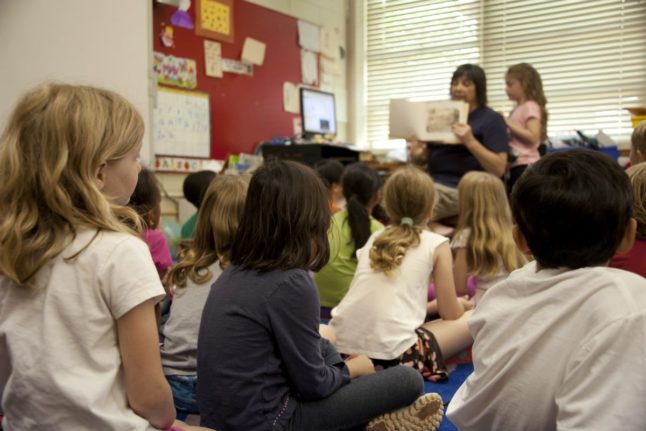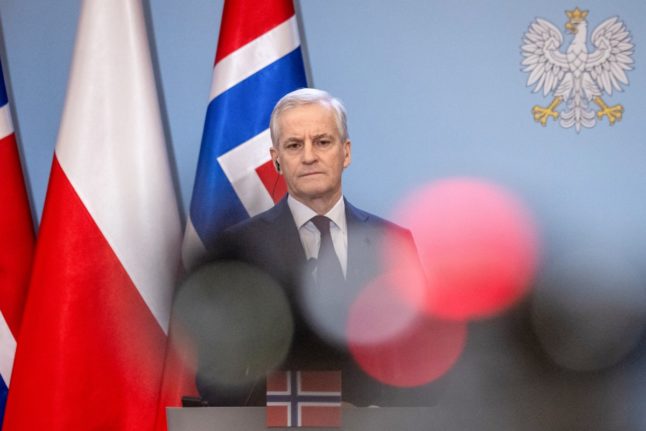Since taking over the Education Minister post two months ago, former Mayor of Stavanger Kari Ness Nordtun has outlined a number of policies she wants to implement in schools.
One area she wants to crack down on is the traditional Russ celebrations in Norway. She wants schools to ban Russ clothing and wants to crack down on the industry that promotes the buses and clothing used in the celebrations.
She argues that the practices lead to social exclusion and bullying. She also wants to change the timing of the celebrations. She wants to move the period, which typically involves a month of partying for students, until after their final school exams.
Nordtun also called on parents, local authorities, and schools to try and promote a more inclusive Russ that doesn’t exclude students based on financial or social status.
Another measure she wishes to implement is banning mobile phones in schools.
“When research confirms that it is not a good idea to have a mobile phone during breaks and in the classroom, because it interferes with learning, then we have to do something about it,” Nordtun told Norwegian newswire NTB.
She also said that she wanted teachers to have more control over classrooms,
“I think it is important that the teacher has an authority in the classroom and can be confident in that,” she said.
A commission has been set up to report to the government on the effects screens, both phones and devices used for learning, have on education. The results of this report will help the government formulate its policy for cracking down on phones and screens in education.
Despite the measures, the education minister has rejected claims she is strict.
“I’m not strict, exactly,” she said.
She said her long-term goal is to improve Norwegian schools’ performance after several studies pointed to a slip in standards.
In December, the PISA ranking was published and showed that Norwegian teenagers had declined considerably in maths, science, and reading between 2018 and 2022.
Students in Norway scored close to the OECD average in mathematics and reading, and below average in science.
“That the academic results are not better worries me. We have to equip young people properly for working life, adulthood and social life later on. That is the mission of the school,” she said.
In banning the use of phones and cutting down on screens in schools, Nordtun said she wanted to strike a better balance.
“No (digitization is not the whole problem). It (digitization) is complex. But we know that many students report being disturbed by their own digital devices or the digital devices of others during their school day. And we can’t have it like that,” the Education Minister said.



 Please whitelist us to continue reading.
Please whitelist us to continue reading.
Member comments